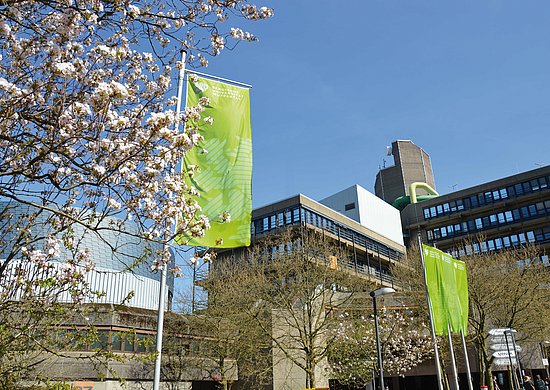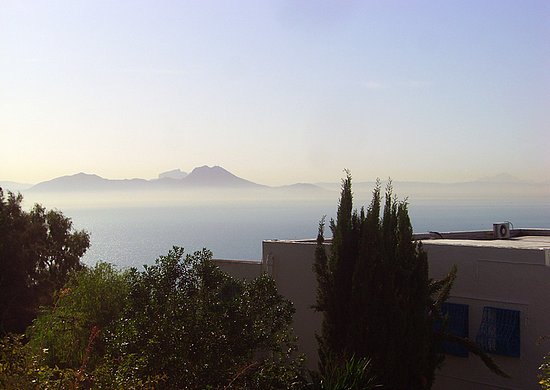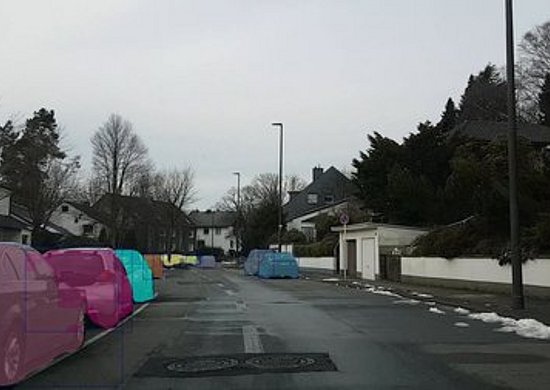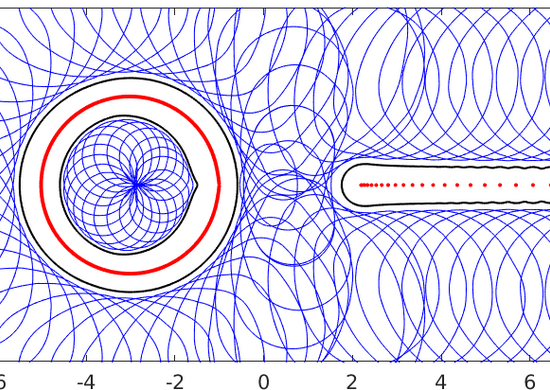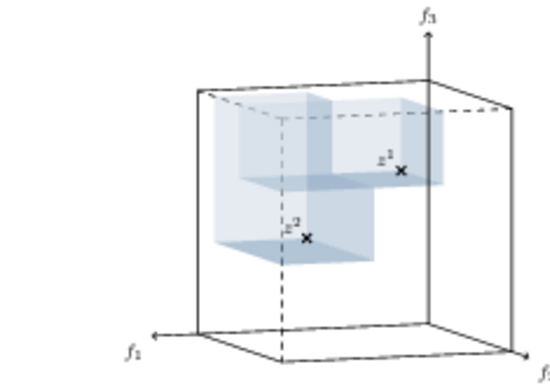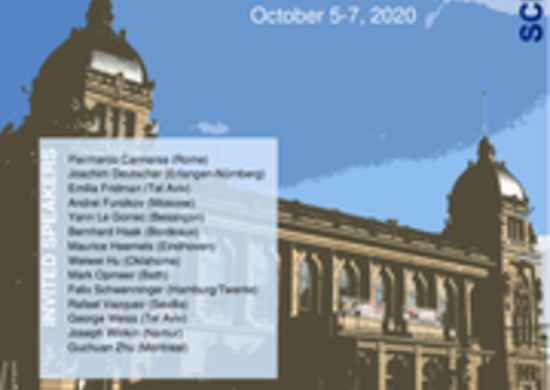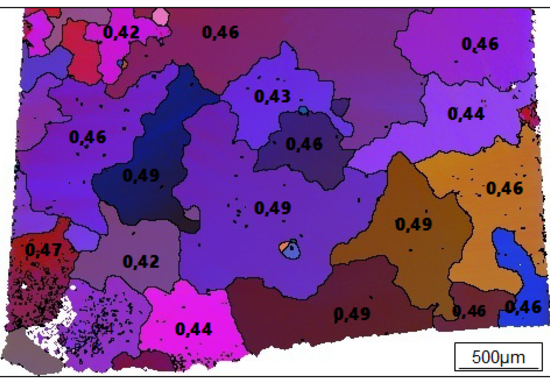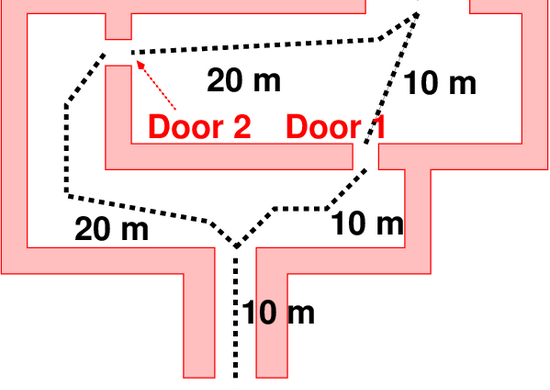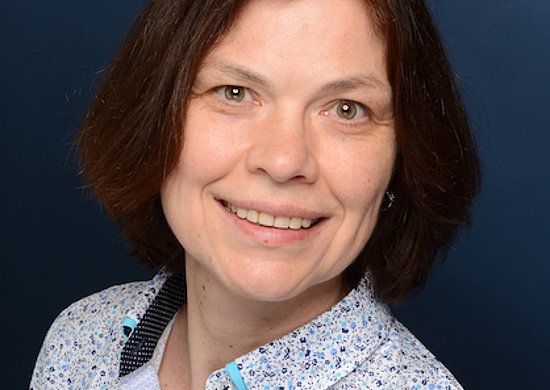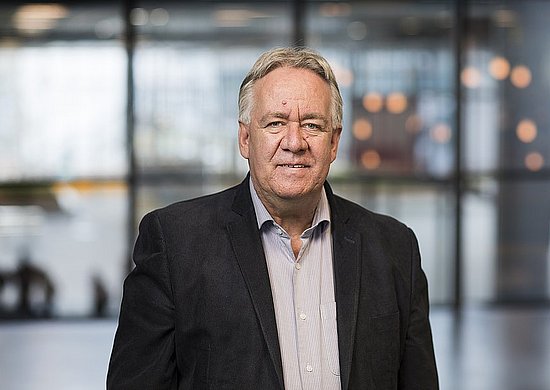
Wil Schilders Inhaber der vierten „Dr. Jörg Mittelsten Scheid-Gastprofessur“ im Wintersemester 2020/21
Er will die Mathematik als eine Schlüsseltechnologie voranbringen und ihre Bedeutung für die Industrie und die Gesellschaft hervorheben: Wil Schilders. Der Professor für „Scientific Computing in the Industry“ an der Technischen Universität in Eindhoven, Niederlande, ist Experte auf dem Gebiet der Entwicklung mathematischer Methoden, die bei Simulationen von Produkten und Prozessen in der Industrie eingesetzt werden.
Wil Schilders Inhaber der vierten „Dr. Jörg Mittelsten Scheid-Gastprofessur“ im Wintersemester 2020/21


